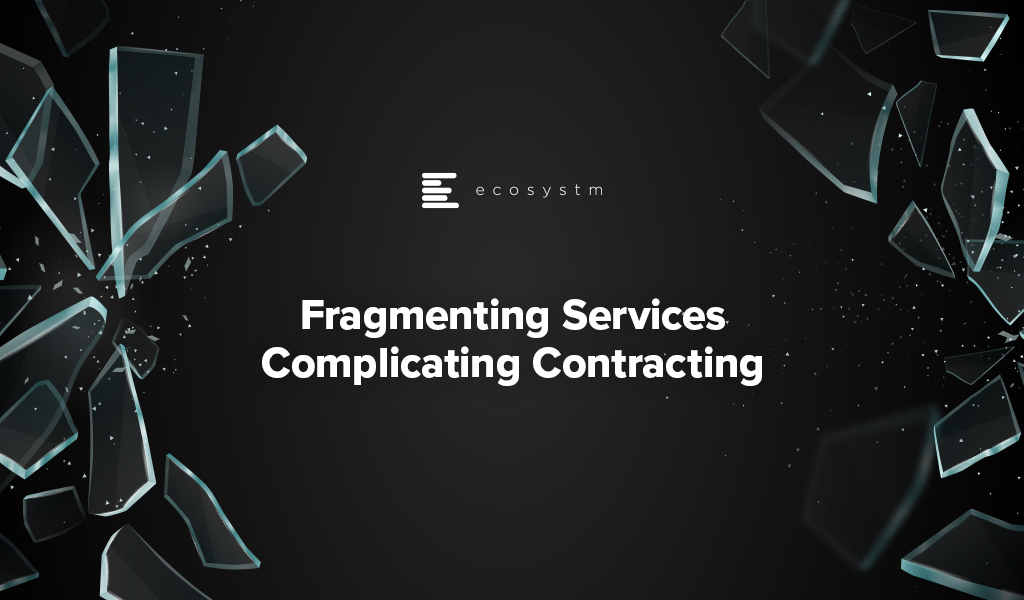
New ‘as-a-service’ products are continuing to expand the options that are available to organisations, fragmenting the functionality used across many technology providers. Choosing the right products is getting more and more difficult – kind of like trying to choose your VOD service at home.
How many VOD networks do you use?
Do you remember the time when your access to video content was through either broadcast TV or cable TV? And when a regular trip to the video store was part of life? And you had to watch programs when the networks scheduled them?
Most programming was only available through one of those media, particularly if you wanted to see the latest series or movies. In some countries, we paid a TV license fee that partly paid for the government-funded free-to-air network. For those with access to cable or satellite TV, we paid a monthly fee for a smorgasbord of channels, most of which we never watched.
Today, we still have those options, but an explosion of video-on-demand (VOD) options has occurred. Each of them requires a separate contract that users rarely read. So we have little knowledge of what these services have contracted to deliver or how they will use our data. But we have an amazing range of content available if we want.
At least most are monthly services that we can cancel at short notice unless you take advantage of the price reduction for subscribing for a year or longer.
How many as-a-service products are you choosing?
Translate this to an organisation that is increasingly using as-a-service products. Choosing a service to use has much more complex requirements, there are more options available and happens more frequently.
If we think the domestic landscape for video is complicated, the options for as-a-service are significantly more fragmented. The most frequently used approach to selecting VOD services is to choose those that offer the content you want to see.
Choosing the appropriate as-a-service offering is much harder as the functional, security, integration and pricing requirements are much more complex than wanting to see a particular movie or drama series.
Suppliers of these services do not make it easy to understand what you get for your money. They decide to bundle or unbundle functions depending on a mix of factors to differentiate themselves for customers. This makes value and price comparisons difficult.
For example, there is a myriad of CRM suppliers out there offering a complex matrix of pricing and functionality options. And in each case, there is often an ecosystem of suppliers providing different pieces of functionality. No one provider delivers all the functionality that we desire.
Organisations wanting to choose as-a-service products need to be very clear on which requirements are the most important to them, and how well each supplier meets those specific needs. They cannot afford to be distracted by less valuable features.
It is extremely unlikely that one tech vendor will be able to provide all the desired features. Increasingly, other vendors will supplement the core functionality with niche features. So the selection has to take into account the ecosystem around the core as-a-service functionality.

Recommendations
Tech buyers should make sure they have a clear definition and priority for the features that they require for each purpose. Added to this they need to be very clear what they want in a single package, and what they are prepared to purchase from a wider ecosystem. Both need to be part of the selection criteria.
Once implemented, changing as-a-service products is a much more difficult proposition than switching VOD providers.
Tech vendors need to stay away from confusion marketing to make it possible for buyers to understand what they are getting. They need to help customers gain a clear understanding of any ecosystem they participate in, and what this means for the buyer.
The consequences of getting this choice right are dramatically more important than choosing the VOD provider with the programming you want.
And we know how difficult that choice has become.





